Qaumi brothers’ traumatic upbringing in Afghanistan ended in leadership of Australian crime gang
THE story of their traumatic upbringing in war-torn Afghanistan was among many given in evidence in court to explain how Farhad, Mumtaz and Jamil Qaumi became leaders of the notorious BFL gang.
NSW
Don't miss out on the headlines from NSW. Followed categories will be added to My News.
- Special investigation: The refugee who became Sydney warlord
- Qaumi brothers sentenced to 100 years over shootings spree
THE mother of Brothers For Life boss Farhad Qaumi remembers the sound of her children’s “hearts thumping” as bombs exploded around them.
Gulmaki Qaumi recalled how they would “shiver, scream and cry in fear each time a bomb hit or shots were fired nearby”.
The story of their traumatic upbringing in war-torn Afghanistan was among many given in evidence to the NSW Supreme Court to explain how Farhad, Mumtaz and Jamil Qaumi became leaders of the notorious BFL gang that terrorised Sydney during a murderous rampage in late 2013.
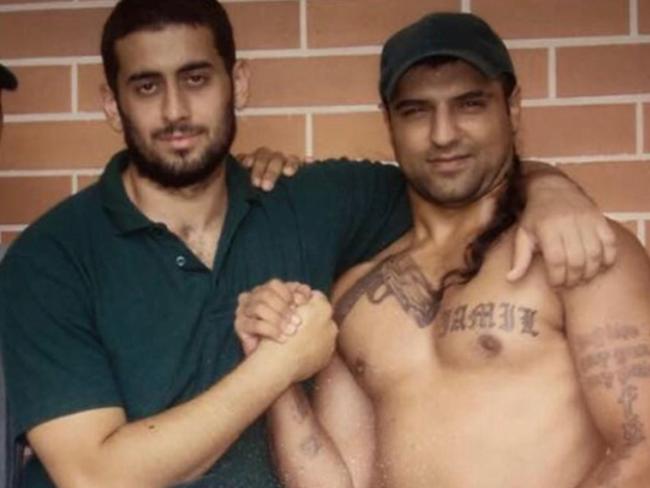
The conundrum for Justice Peter Hamill was how to balance a life of “dislocation and trauma” with the need to protect the community from a man like Farhad, whose personality was described as “almost psychopathic”.
While Farhad and Mumtaz were facing maximum sentences of life in prison for their roles in the contract killing of Strathfield stand-over man Joe Antoun, Justice Hamill told the court: “Their involvement in crime and willingness to resort to violence, particularly gun violence, cannot be divorced from their personal histories and exposure to such violence in their formative years.”
Instead, Justice Hamill opted to hand down lengthy jail terms.
Farhad, the eldest of the brothers, was jailed on Friday for a maximum of 60 years for his roles in the murder of Antoun and four other shootings. He will become eligible for parole when he is 75.
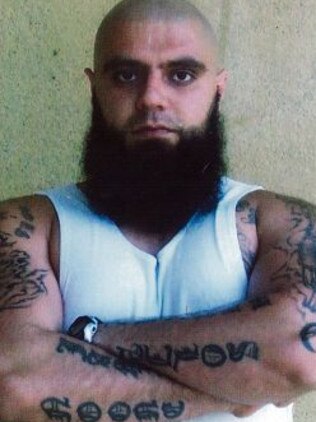
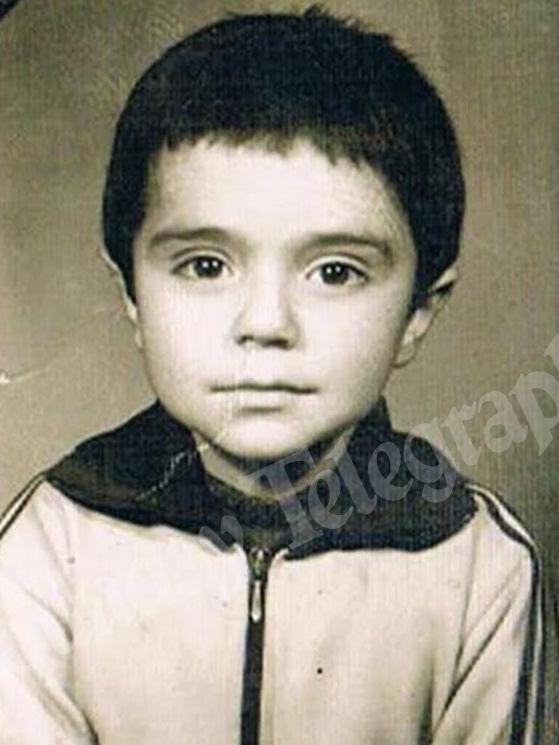
Middle brother Mumtaz was jailed for a maximum of 50 years, while the youngest brother Jamil will serve up to 31 years behind bars.
Despite the Qaumis’ best efforts to use their troubled upbringing to shorten their sentences, Justice Hamill said Farhad’s mental problems made him a danger to the community with less chance of being rehabilitated.
The sentencing proceedings revealed the family’s journey to Australia in detail, using psychiatric reports and personal accounts.
The family fled Afghanistan and lived as refugees in India from 1988 before moving to Australia in 1993.
The experience damaged the Qaumis’ father, described by family as a high-ranking military officer, who suffered “war depression”. He inflicted “frequent harsh physical discipline” on Farhad by beating him with a belt or a wire, the court heard.
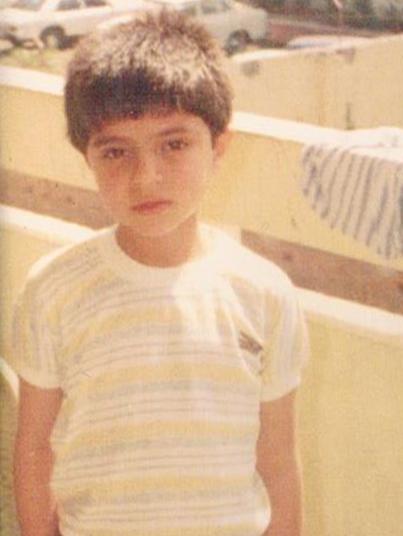
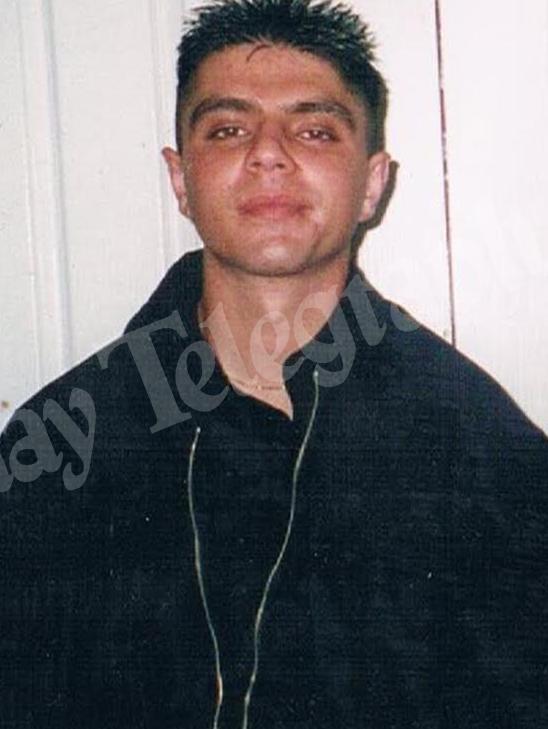
“I have no doubt that these experiences had a major impact on Farhad Qaumi’s development and desensitised him to violence,” Justice Hamill said.
After escaping to India, Mrs Qaumi told the court that “day-to-day life” was difficult for the family and they had no access to counselling. By the time they landed in Australia, Mrs Qaumi said that although they had “survived the war … they remained impacted by it”.
As a troubled youth in Australia, Farhad witnessed the violent death of a fellow school student during his time at Canley Vale Behaviour School.
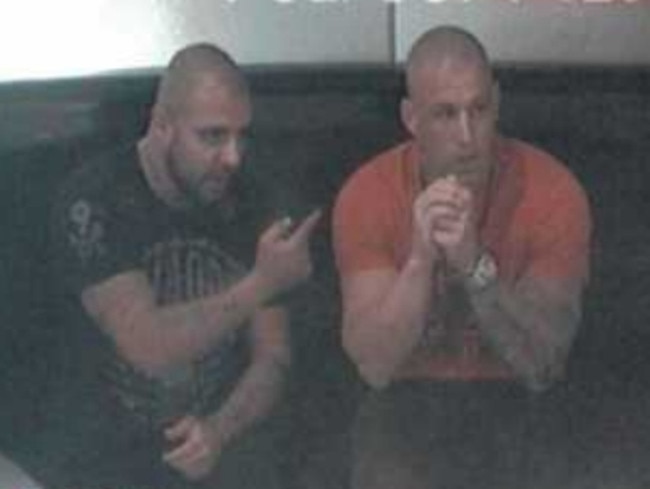
Farhad started using cannabis from age 13 and at the height of his 2013 crime spree he said he consumed three or four ounces of cocaine over a weekend, which Justice Hamill said was either a “raging drug habit” or an “exaggeration”.
The three brothers also argued that their sentences should be reduced because of the “onerous” conditions they had already experienced behind bars, which were likely to continue.
But prosecutors tendered tapped phone conversations, including one where Farhad was recorded telling his mother that the main part of Silverwater Jail was like a “five-star retreat”. There was also another where Jamil told a friend that he trained twice a day.
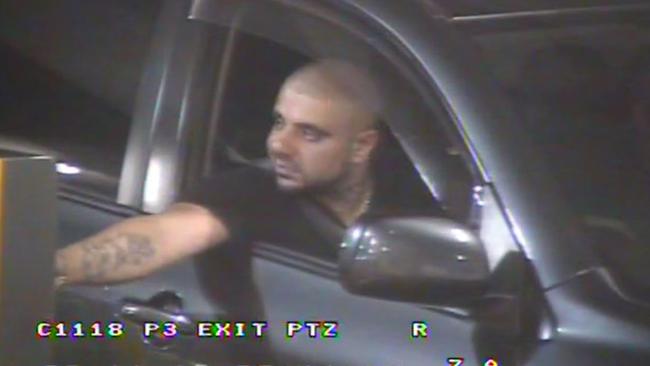
However, the court heard Farhad’s comments were possibly to comfort his mother about his brother’s impending arrest, while Jamil’s comments related to a time when he was in a different section of the jail.
Prosecutors also revealed that Mumtaz was convicted in the local court for possessing a mobile phone while behind bars, while Farhad had been disciplined for similar behaviour.
While telling the court the brothers may “exaggerate the onerous nature” of their prison conditions, Justice Hamill accepted that their time behind bars was tougher than “is generally the case” and gave the matter “weight” when deciding their sentences.
Since being arrested, Jamil has also been sentenced to an additional two months of jail for assaulting two prison guards, throwing a milk carton full of water at them and saying it was urine.
Jamil asked the guards, “how do like the taste of piss, you dog c …. s”, court documents said.



